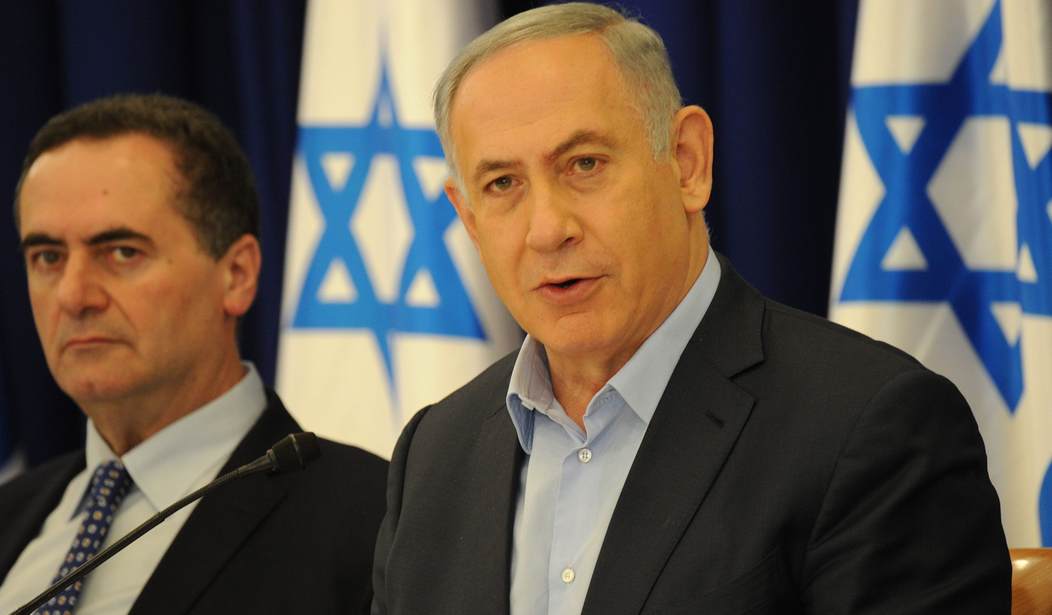Without much notice from the international community — except Israel — Iran has been slowly building up its military capabilities in Syria. Their proxy in the region, Hezbollah, has been constructing military bases and Israeli intelligence thinks that the Iranians want to build an air base and possibly even a naval base.
Recently, a U.S.-brokered deal in Syria that allowed humanitarian aid to flow in the south placed Hezbollah and Iranian troops uncomfortably close to the Israeli border. The Israelis have been warning Iran for months about its more aggressive military stance in Syria — and now they have apparently done something about it.
An Iranian base under construction outside of Damascus was hit with several missiles. No one claimed responsibility for the attack, but few doubt that it was Israel sending an unmistakable message to the Iranians.
It seems the bombardment attributed to Israel seeks to send the message that it means what it says with its public threats, and that Iran’s continued inroads into Syria will encounter Israel’s active military opposition. The base that was attacked is located south of Damascus, within the minimal range Eisenkot spoke of in the interview.
Syria is currently in a kind of twilight zone: The survival of President Bashar Assad and his regime has been more or less assured (unless Assad is assassinated), thanks to the military support of Russia, Iran and Hezbollah. This is the time when new rules of the game are emerging. Israel, even in previous military actions attributed to it, appears to be intervening by force in places where the world powers are ignoring the warnings it conveys, both through diplomatic channels and the media.
According to the Syrian media, Syrian army anti-aircraft batteries responded to the missiles allegedly fired by the Israel Air Force. That’s been the standard Syrian response over recent months, but so far Damascus has not reported any successes in these attempted intercepts.
The more important question is how Iran will behave in the long run: Will it increase its efforts to strengthen its position in Syria and attempt to initiate the opening of a new front – by means of its terror network – along the Israeli border on the Golan?
President Assad is a figurehead in his own country. It is doubtful he is even in control of his own military forces. He will stay alive as long as he serves the interests of his masters in Moscow and Tehran.
So Israel’s message in Syria is directed at Russia and Iran. Russia doesn’t want to make an enemy of Israel, but neither does it want to see its ally Iran threatened. Russia see Iran’s strategic goal of opening up a land corridor connecting Iran, Iraq, Syria and Hezbollah in Lebanon as a dangerous escalation, but probably won’t do anything about it. Instead, the Russians will concentrate on using Syria as a means to project power elsewhere in the Middle East
Russia doesn’t want an Israeli-Iranian war, but then, neither do the Iranians. They wish to keep Israel bottled up so they can advance the cause of Shiite domination in the Middle East.
An Iranian threat so close to their border is intolerable for Israel. Will Iran get the message that they can only go so far in Syria before Israel takes serious action to stop them?
It may take a few more lessons before they do.










Join the conversation as a VIP Member